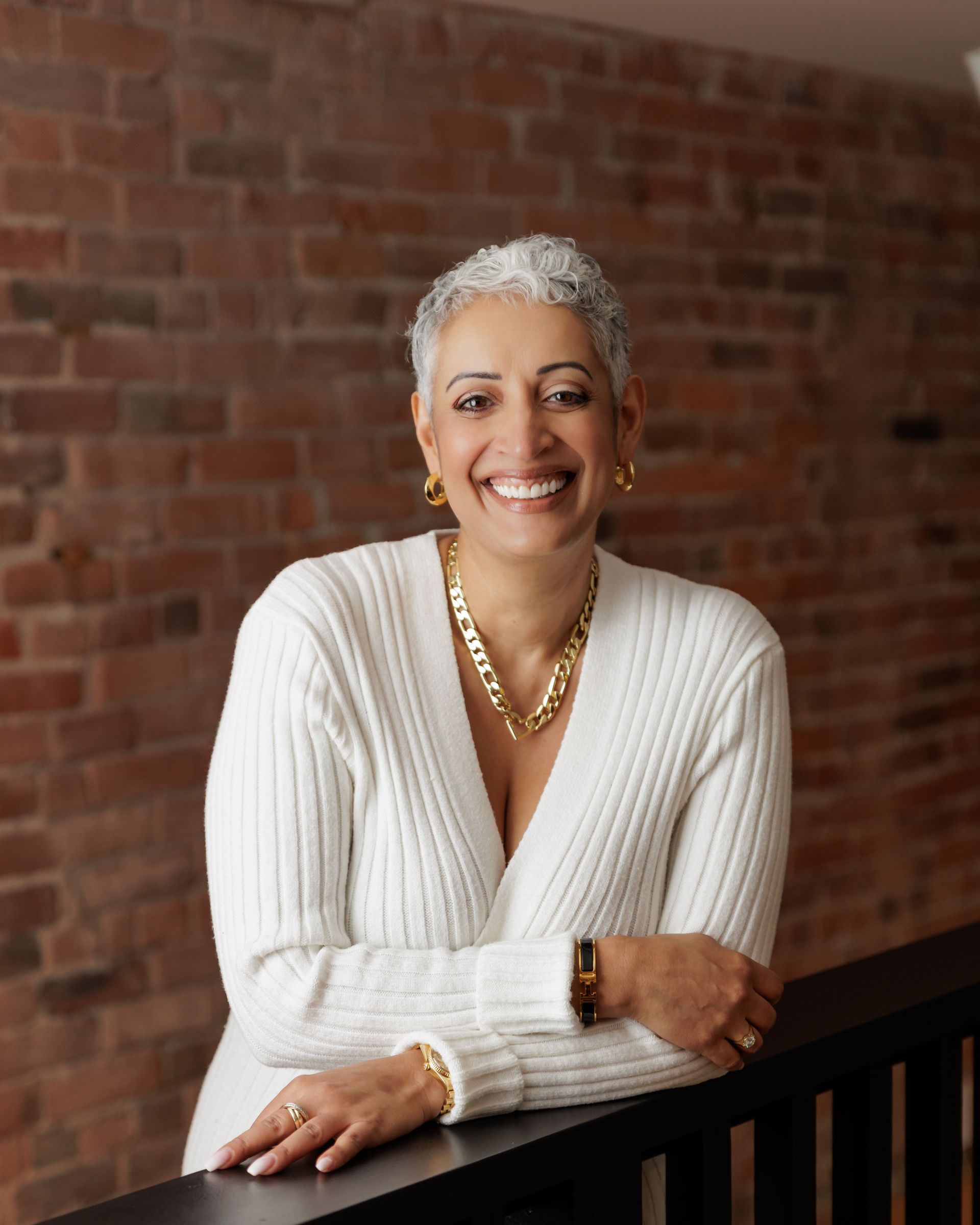3 Misconceptions About Reverse Mortgages in Canada
- By Sabeena Bubber
- •
- 23 Nov, 2023
Before having a conversation about the misconceptions of reverse mortgages in Canada, it's probably a good idea to outline some of their features. If you're a senior Canadian homeowner 55+, a reverse mortgage is an excellent financial solution designed specifically for you. A reverse mortgage will allow you to access up to 55% of the value of your home, maintain ownership of your home; you never have to move or sell, you won't be required to make any payments, and you can receive your tax-free cash over time or in one lump sum.
So although this seems pretty straightforward, there's a lot of misinformation floating around about reverse mortgages. Let me provide clarity to the following 3 misconceptions.
The bank owns your home.
In a recent survey, it came out that over 50% of Canadians homeowners 65+ believed that the bank owns your home once you’ve taken a reverse mortgage. This is simply not true! A reverse mortgage is registered on title exactly the same as any other mortgage lender would register their interest. However, the main difference with a reverse mortgage is the flexibility of not having to make payments on the mortgage. The idea that you sign over your house to the bank, that they somehow own it and rent to you is pure fiction.
You can owe more than your home is worth.
As you aren't required to make any payments on a reverse mortgage, the interest charged accumulates and is added to the balance owing. There are three things that trigger the mortgage to become due, the death of the last homeowner, or if you decide to move or sell the property.
But what if the market crashes, and your property isn't worth what it once was, what if you end up owing more than what the house is worth? Good question, unlike a traditional mortgage, a reverse mortgage is a non-recourse debt. Non-recourse means if a borrower defaults on the loan, they cannot seek any further compensation from the borrower, even if the collateral asset does not fully cover the full value of the loan.
This means that you or your estate will never be responsible for paying back more than the fair market value of the home. There is no risk in taking a reverse mortgage.
A reverse mortgage is a mortgage of last resort.
This misconception reflects old school thinking. In a world where you have a guaranteed pension, or huge nest egg (outside the equity in your home), you might have more options available to you. But if you're looking for options... options that don't involve using guaranteed income or using your retirement savings, a reverse mortgage provides you with choice.
For most Canadians, the equity in their home makes up the majority of their wealth, a reverse mortgage allows you to access that equity with no income qualification, no credit check, and doesn't require you to make any payments.
If you'd like to talk more about your financial situation, contact me anytime. Sabeena Bubber at 604-862- 8526 or
email me directly at sabeena@xeva.ca
All Rights Reserved | Sabeena Bubber, Xeva Mortgage
Privacy & Content Notice
